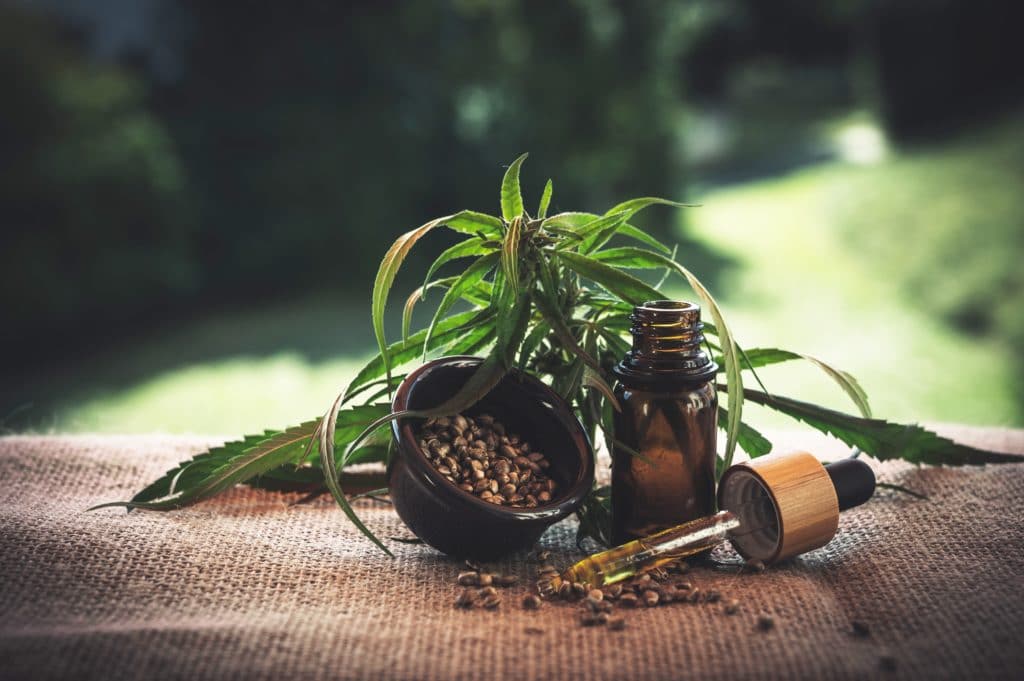Read Time: 3:30 Mins.
When it comes to cannabis culture in California, it sometimes feels like we live in an alternate reality. World-class cannabis is grown here in large quantities, and is readily accepted, available, and consumed. But this is not always the case in other states where people are sometimes forced to break the law in order to care for themselves or their children. Currently, 33 states permit some form of medical cannabis and ten allow for adult-use. We like to update our community from time to time and there is some cannabis news for Texas and New Jersey that we want to share.
Is Cannabis Legal in Texas?
Cannabis use in the Lone Star State is essentially illegal even under its 2015 Compassionate Use Act which allows restricted cannabis access to Texas residents who suffer from “intractable epilepsy.” This is a condition which is unresponsive to other forms of treatment and may lead to severe brain damage. Patients with a doctor’s prescription may purchase limited cannabis oil products that contain at least 10 percent CBD but no more than .05 percent THC. The program is administered by the Department of Public Safety (law enforcement), not by health or human services. Currently, there are only three licensed dispensaries in the entire state that may sell these restricted products.
There are many stories of people forced to violate Texas law due to a medical condition for which cannabis may help. According to the Texas Tribune, Texas DPS data reveals that in the last five years, law enforcement made over 379,000 arrests for people possessing 2 ounces or less. While explicit data was not available for people with medical conditions, common sense tells us that many medical cannabis users were caught up in the process, upending their lives.
Thankfully, two bills moving through the Texas legislature would expand the number of qualifying conditions under the Compassionate Use Act including Alzheimer’s disease, autism, epilepsy, Crohn’s disease, Huntington’s disease, muscular dystrophy, multiple sclerosis, Parkinson’s disease, PTSD, and spasticity. One of the bills also decriminalizes a parent who provides medical cannabis to “a child for whom the medical cannabis was recommended.” This is a serious matter. News stories in Texas tell of parents reported to Child Protective Services for physical child abuse for the audacity of giving medical cannabis to calm their autistic children. Parents caught using cannabis themselves can result in the loss of custody of their children.
There is hope, however. New legislation which recently passed the Texas Senate may legalize CBD products made from hemp as long as they adhere to the federally mandated limit of containing less than .03 percent THC. The bill permits Texas farmers to grow hemp which is a fairly drought-resistant plant. The proposed law also permits sales of compliant, hemp-based CBD oil products to the general public, and establishes hemp inspection and testing procedures. The state’s Department of Agriculture, not Public Safety, would have regulatory authority over hemp crops and CBD products. Governor Abbot is expected to sign the finalized legislation into law but traditional cannabis containing THC remains illegal in Texas. A recent bill decriminalizing small amounts of cannabis has been blocked by the state’s Lt. Governor. Possessing less than 2 ounces carries a maximum penalty of 180 days in jail and a fine of up to $2,000 dollars.
New Jersey Cannabis Laws
New Jersey launched its medical cannabis program in 2010. Over the past year, the Governor and state legislators flirted with legalizing adult-use cannabis in addition to its existing medical cannabis program. The effort recently failed but cannabis advocates expect to put it on a ballot for voter approval in November 2020.
Currently, a total of 42,528 patients, 1,736 caregivers, and 925 doctors participate in the state’s program. Over the past year, New Jersey added 412 physicians to its cannabis physician network, a 40 percent increase. The state also expanded its list of approved conditions to include anxiety, several forms of chronic pain migraines, Tourette syndrome, and Opioid Use Disorder (AKA, addiction). Revised regulations also reduced the program’s registration fee from $200 to $100 dollars. Seniors and veterans are eligible for a reduced registration fee of $20.
Updated New Jersey regulations have also helped patients by expanding treatment options:
- Alternative Treatment Centers (Dispensaries). Six businesses were selected to apply for permits to open new medical marijuana dispensaries. Patients can now choose two primary caregivers instead of just one.
- Mobile Access. Patients, caregivers, and physicians can access registries, upload documents and make payments on smartphones and tablets.
- Physician Friendly. Doctors are no longer required to be listed on the program’s website.
- Expanding Products. Oils that contain extracted THC and CBD that can be vaporized along with pre-filled vape cartridges are now authorized for sale.
Once again, pain relief is the number one reason why adults use medical cannabis. New Jersey state data lists the top five conditions as:
- Chronic pain due to musculoskeletal disorders
- Anxiety
- Intractable skeletal spasticity
- PTSD
- Severe or chronic pain due to cancer or HIV.
We’ll keep checking the news and publish stories about cannabis laws in other states. If there’s news or developments we should be writing about, let us know!
Philip Rebentisch is a writer and the Content Editor for Three Wells.




